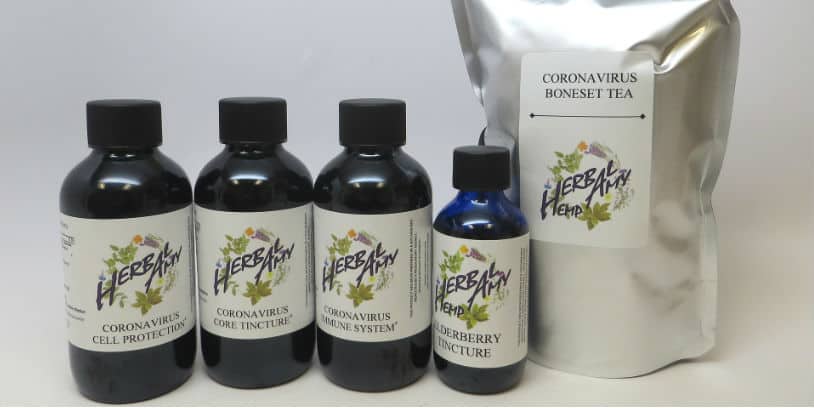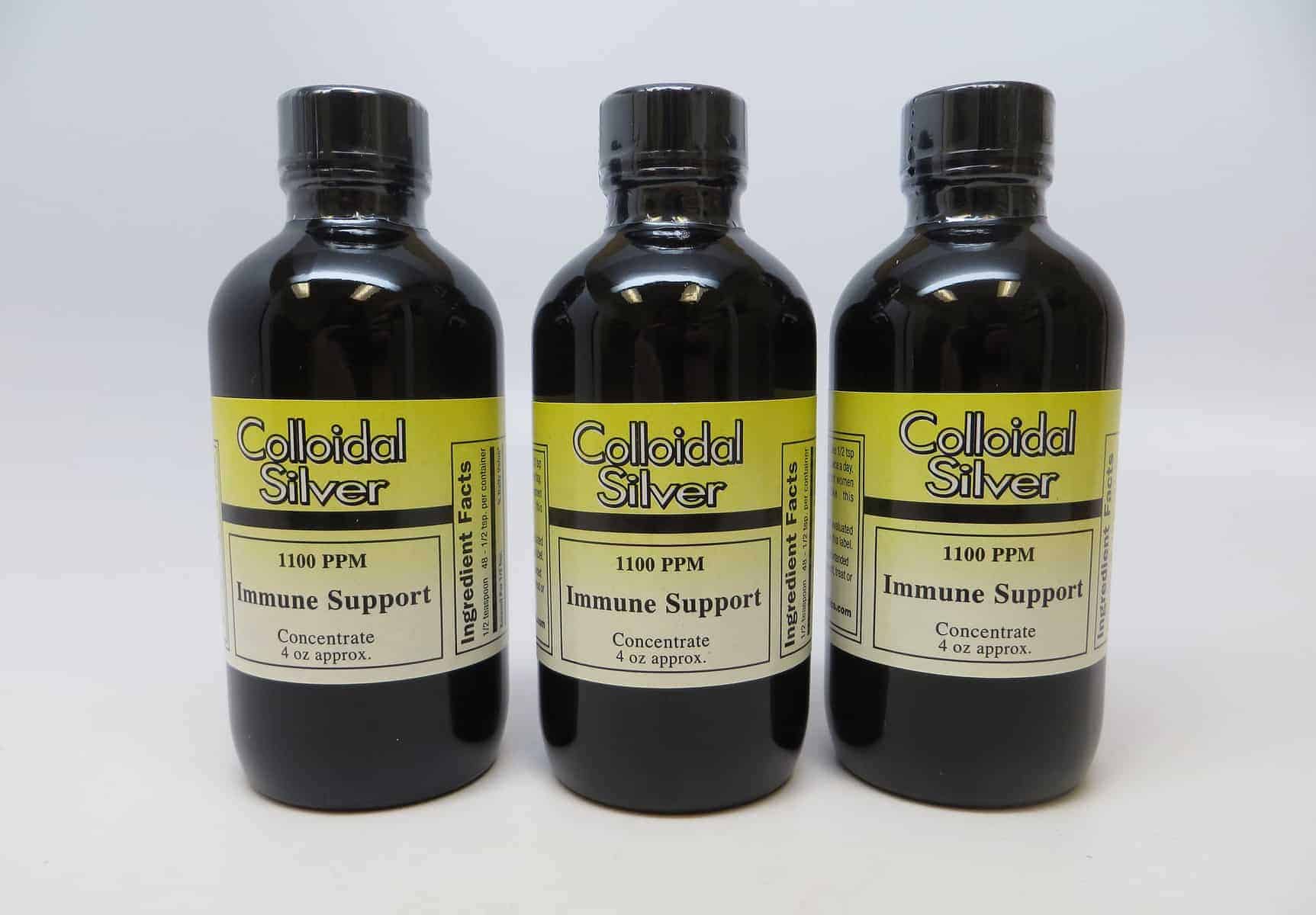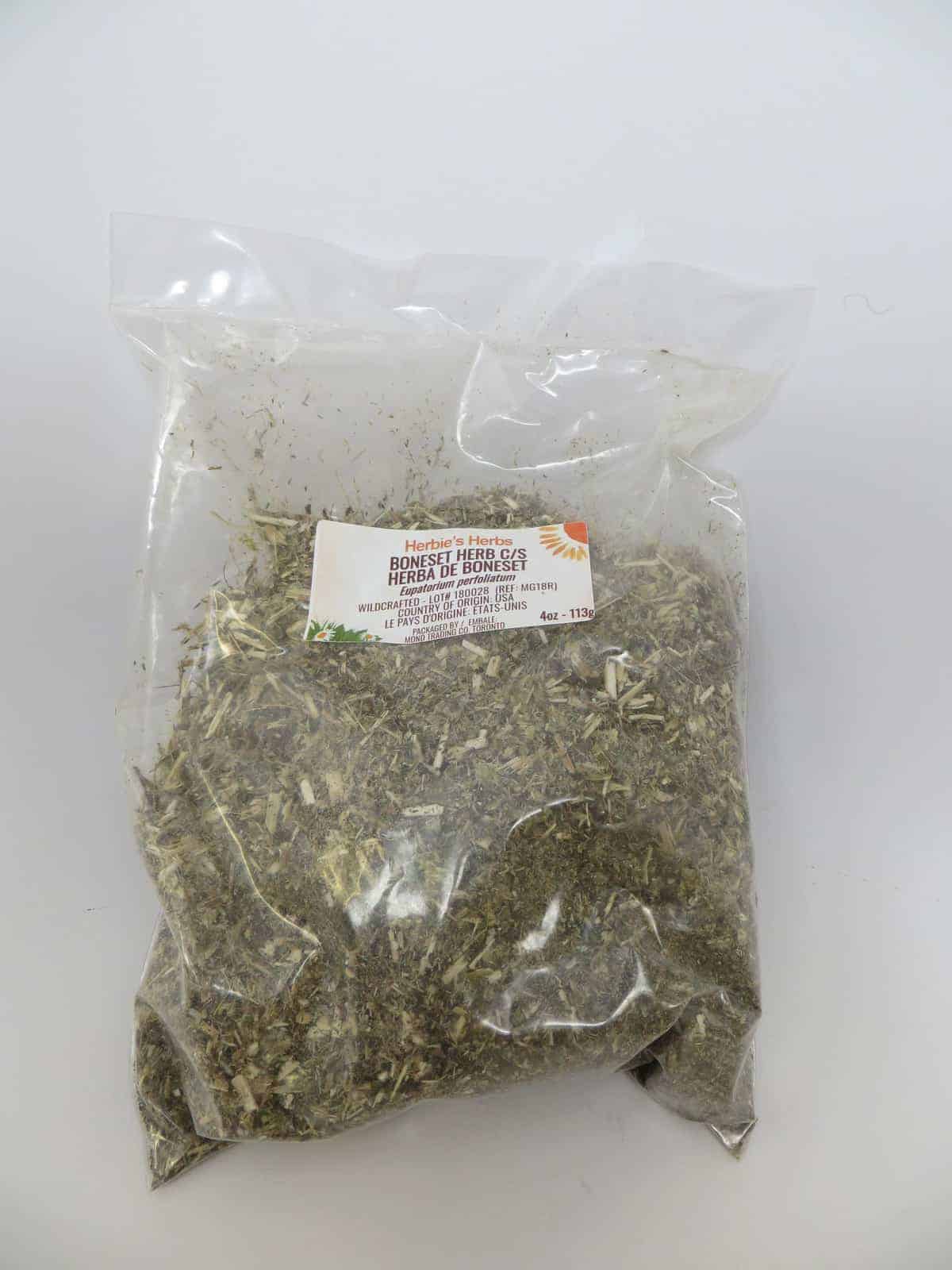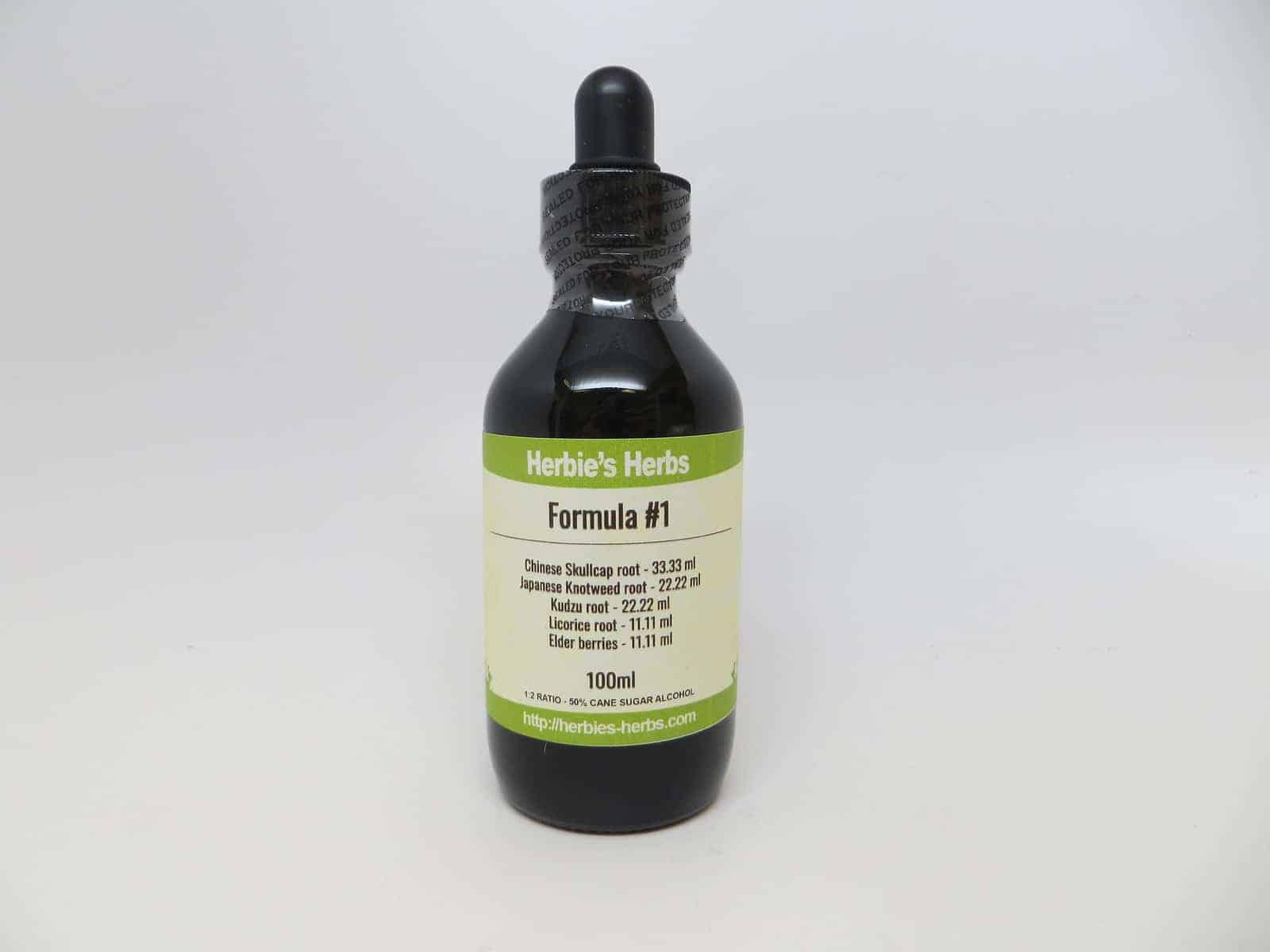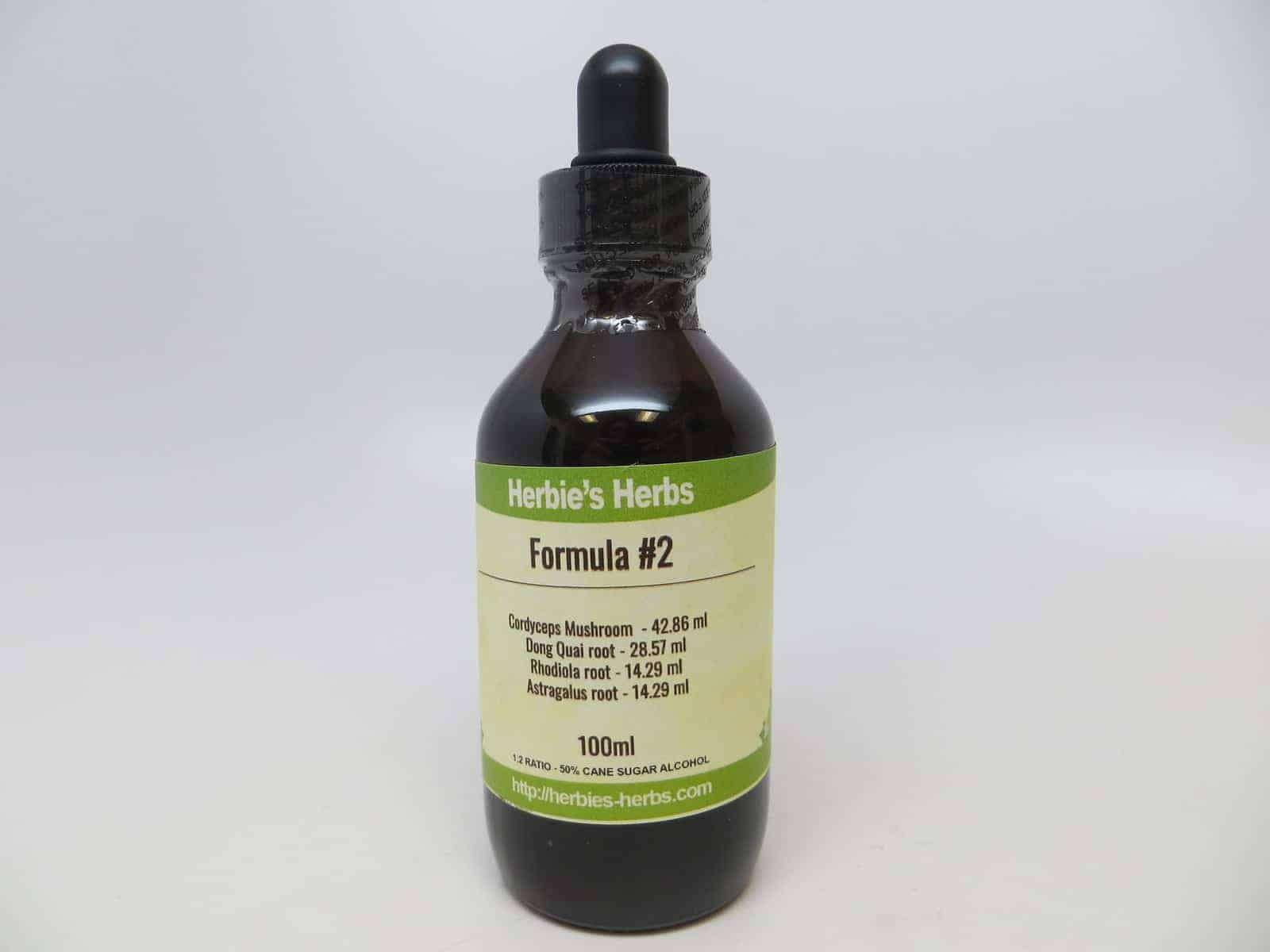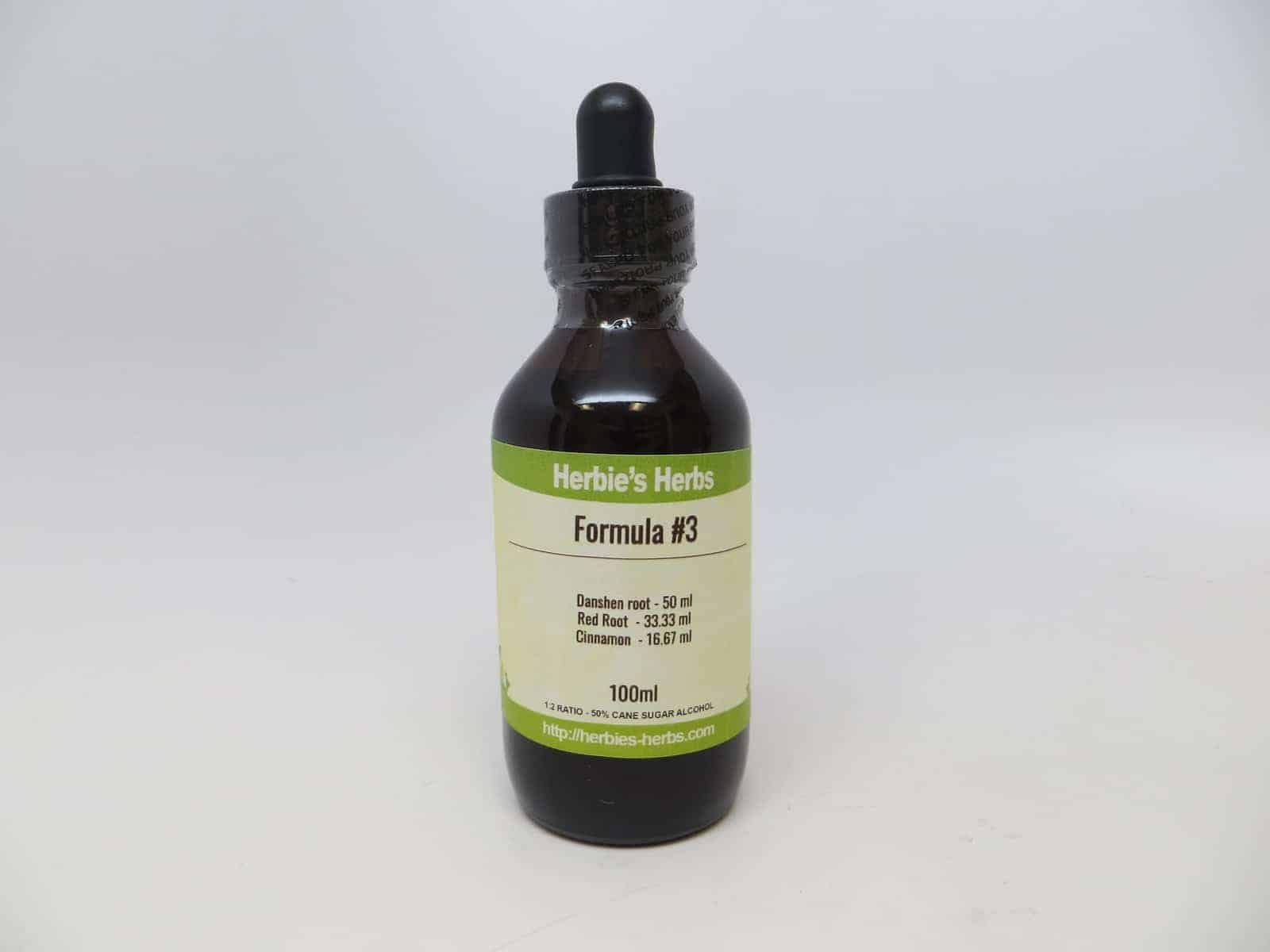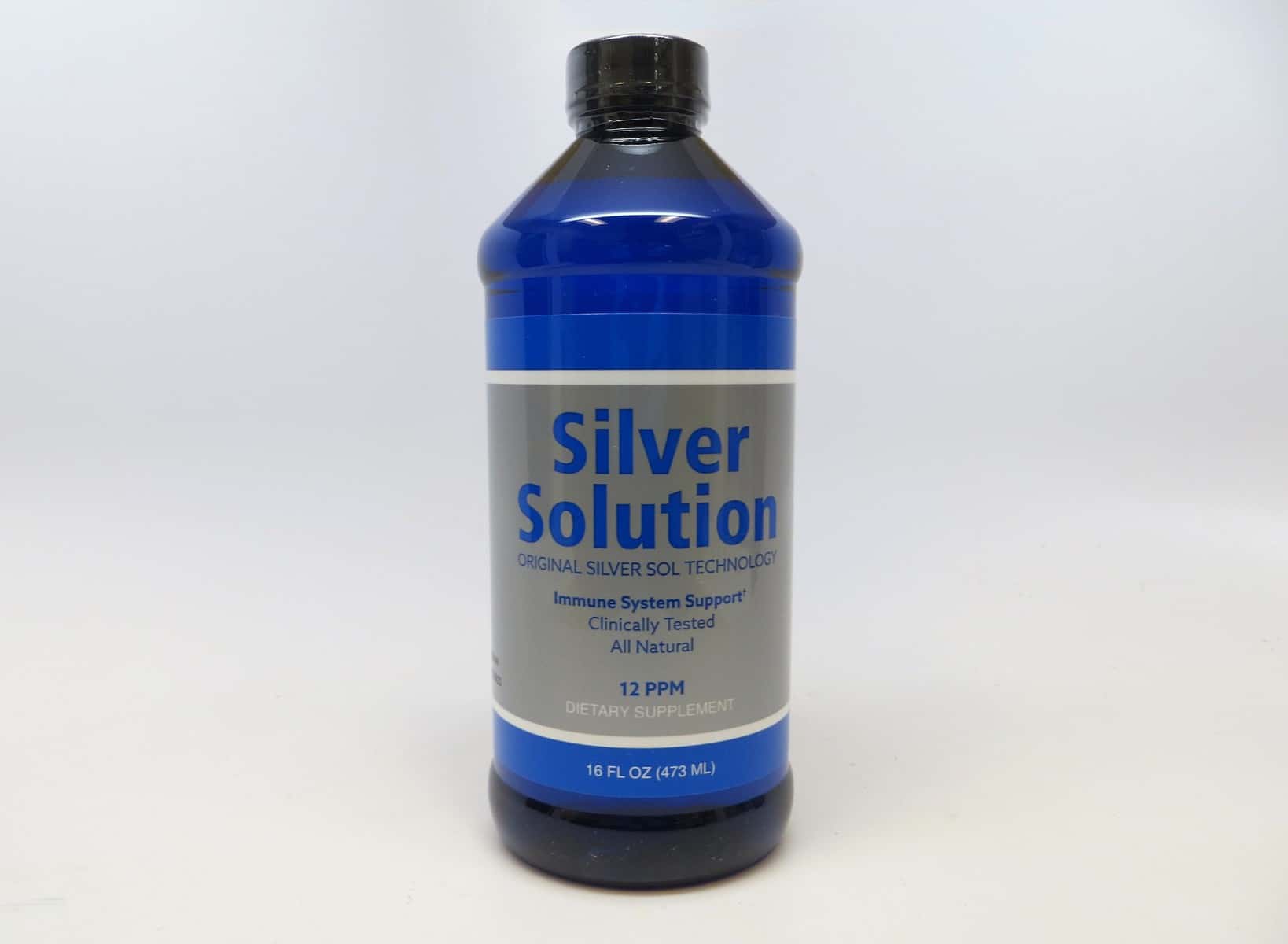The U.S. Food and Drug Administration (FDA) and the Federal Trade Commission (FTC) sent warning letters to seven companies for selling fraudulent products designed to prevent or treat the new coronavirus 2019 disease (COVID-19).
The FDA is particularly concerned that products that claim to cure, treat or prevent serious illnesses such as COVID-19 may cause consumers to delay or discontinue appropriate medical treatment, which can cause serious and potentially life-threatening harm.
The products cited in these warning letters are teas, essential oils, tinctures and colloidal silver. These products are unapproved drugs that pose significant health risks to patients and violate federal law, federal agencies reported in a statement.
The FDA and FTC jointly issued warning letters against Vital Silver, Quinessence Aromatherapy Ltd., Xephyr, LLC doing business as N-Ergetics, GuruNanda, LCC, Vivify Holistic Clinic, Herbal Amy LLC, and The Jim Bakker Show.
Companies have a 48-hour deadline to respond, describing the specific steps they will take to correct violations. Authorities warned that businesses selling products fraudulently claiming to prevent, treat or cure COVID-19 may be subject to legal action, including, among other measures, seizure or injunction.
The New York Times reports that the number of people infected is close to 600 in 35 states and deaths from the Coronavirus totaled 26 on Monday.
Fraudulent COVID-19 Products
There are currently no vaccines or medications approved to treat or prevent COVID-19. These products are in the early stages of development and have not yet been fully tested for safety or efficacy.
In addition to following up on companies that fail to make appropriate corrections, the FDA and FTC will continue to monitor social networks, online markets, and complaints they receive to help ensure that companies do not continue to sell fraudulent products under a different company name or on another website.
Meanwhile, in different regions of the United States, supermarkets are facing shortages of certain products due to high demand as a result of fears that the COVID-19 will continue to spread. According to Nielsen, consumers are actively stockpiling emergency supplies such as basic foods, including canned goods, flour, sugar, and bottled water, and there are increased sales of supplements, fruit snacks, and first aid kits.
Related Article: The Impact of Coronavirus in the Food Industry
To prevent a shortage in the supply of essential products, several retail chains such as Kroger, H-E-B, Publix and Target announced measures to limit the number of certain cleaning supplies and basic foods that customers can buy in their stores.
Anxiety caused by the virus is driving online shopping, where food, personal care products, and medical supplies can be ordered without the risk of exposure to crowds of people, according to the National Association of Convenience Stores (NACS). The demand will mean increased sales for retailers but will also cause challenges as they work to replenish their stores and warehouses.
In the last 30 days, 21% of U.S. consumers have purchased perishable foods online, according to NPD analyst David Portalatin, compared to 18% during the same period last year, and that number is expected to increase as the COVID-19 spreads.
According to a February survey of 1,100 consumers by Coresight Research, 27% said they were avoiding public places such as shopping malls, and 58% said they would avoid public places if the outbreak continued to spread.
The FMI Food Industry Association has a comprehensive resource guide on coronavirus preparedness for companies working in the food industry.

